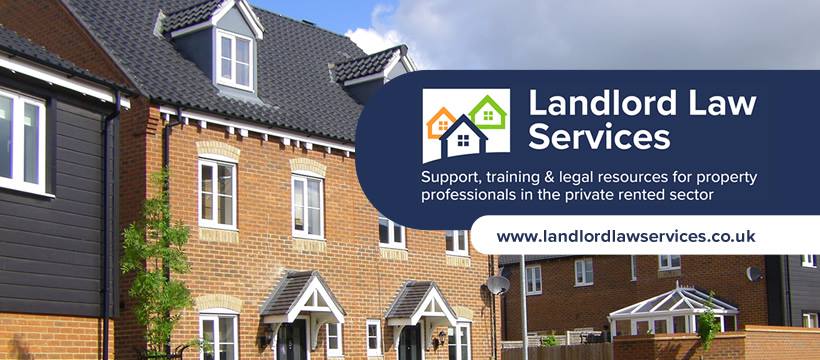What is the definition of a Holiday Let
The legal status of a Holiday Let is clearly understood & specifically recognised in housing legislation, as well as local government and taxation directives.
Short Stay Lettings however for visitors who are not on holiday are not so clearly categorised, and are currently under scrutiny by the government and it is expected that short let properties that do not qualify as holiday lets will be become properly regulated within the next 12 months or so.
It is likely that a considerable number of Airbnb type properties ( especially leasehold apartments ) will not meet the requirements of any new regulations and be removed from the market.
The fact that Airbnb describes people as ‘hosts’ and ‘guests’ does not change their occupation rights.
In order to have a Holiday Let the occupant must be genuinely on holiday. In other words…
If the occupant gets up late, puts on shorts and sandals and a baseball cap and goes out in the garden to kick a football about with a young son then more than likely that person is on holiday.
If, however, the occupant gets up early, dresses in a business suit and leaves the property with a briefcase, brolly and bowler hat and catches the 7.00am train then that person is most definitely not on holiday.
Why is a Holiday Let status desirable?
- Your holiday let property is exempt from the current Housing Acts and letting regulations.
- Your guests cannot claim any rights to security of tenure, so must vacate the property when asked to do so.
- You can qualify as a Furnished Holiday Let status with the Inland Revenue.
Read more about:
Furnished Holiday Let Status
https://www.gov.uk/government/publications/furnished-holiday-lettings-hs253-self-assessment-helpsheet/hs253-furnished-holiday-lettings-2018
Tax advantages & pension benefits for furnished holiday lets.
http://www.hsksgreenhalgh.co.uk/sites/www.hsksgreenhalgh.co.uk/files/images/hsksgreenhalghpwp_apu_jul18_furnished_holiday_lets.pdf
Tessa J Shepperson – a specialist landlord & tenant lawyer and a director of Landlord Law Services adds:
When is a tenancy a tenancy and when is it a Holiday Let – and where does an airbnb ‘let’ fit in?
Assured Shorthold Tenancies – this is the ‘default’ tenancy type which will be created (under the Housing Act 1988) unless one of the legal exceptions apply. The exceptions are all set out in Schedule 1 of the Act. Most of them will not apply in an Airbnb situation.
A tenancy is not normally created if you can prove:
Holiday Let Status – this is where a property is let for the purpose of a holiday only. Generally, this will be where the guest has a main home elsewhere and the let is for less than three months. However, these last two on their own do not necessarily mean it is a holiday let, so it is best to actually say in your agreement (if you use one) that the property is being let solely for the purpose of a holiday.
The Housing Act 1988 (as amended by the Housing Act 1996) clearly laid down the definition of an Assured Tenancy
- The property is to be let to an individual(s)
- The property is to be used as that individual’s sole or principle residence
- The annual rent is less than £100,000
- The Landlord is not deemed to be a resident landlord or holiday let.
If all of these points are met then it is a fact that the property will be let under an Assured Shorthold Tenancy. It is not up to any person to decide that a let is anything other than an AST if the law says that it is indeed an AST.
Resident Landlord Status – this is where the landlord lives in self-contained accommodation in the same building, e.g. a granny annex or ‘garden flat’.
